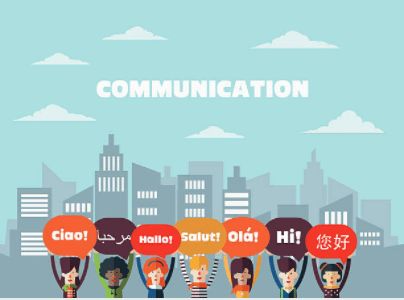Ask any middle-aged or elderly adult about one thing they wish they’d made more time for, and they’ll undoubtedly wish they had traveled more. High-school and college-aged students are at the perfect time in their lives to travel because they usually don’t have any moral or financial obligations that require them to stay in one place, like children, spouses, and mortgage and student loan payments. While becoming a foreign exchange student at a young age may seem scary, it’ll give you the opportunity to immerse yourself in a brand-new culture, which will benefit you for years to come. There are also common misconceptions about studying abroad. Read on to find out how you can get scholarships to study abroad, learn new languages, and how your only regret will be that you didn’t go sooner.
Studying abroad offers the ideal environment for learning a new language.
Even if you’ve taken a foreign language class in school, it’s not very likely that you’ll practice outside of class because you don’t need to successfully navigate your environment. When studying abroad, especially in European countries that don’t have one official language, you’ll have to constantly practice your language skills, which will ensure maximum fluency and retention. You may feel overwhelmed when you first arrive, but luckily there are apps like DuoLingo that can help you make your way around your new city. In the meantime, it might help to connect with a Spanish tutor.
Becoming bilingual can better your brainpower.
It’s long been known that young children can benefit from learning a new language as early as possible, but people of any age will notice a difference in their memory and focus from extensive language practice. Studies have proven that becoming bilingual helps to increase concentration and ignore distractions when focusing on a task. These are skills that you can apply to your life both in and out of the classroom.
Your memories will last a lifetime – literally! In addition to helping you perfect your concentration skills while taking a test or completing a project, research has also indicated that people who learn a new language are less likely to be diagnosed with debilitating memory diseases like dementia and Alzheimer’s. You’ll not only bring home incredible stories and photographs from your time abroad, but remember them for years to come, too.
In addition to helping you perfect your concentration skills while taking a test or completing a project, research has also indicated that people who learn a new language are less likely to be diagnosed with debilitating memory diseases like dementia and Alzheimer’s. You’ll not only bring home incredible stories and photographs from your time abroad, but remember them for years to come, too.
To learn more about how you can study abroad, talk to your school’s guidance counselor, study abroad office, or visit StudyAbroad.com.

